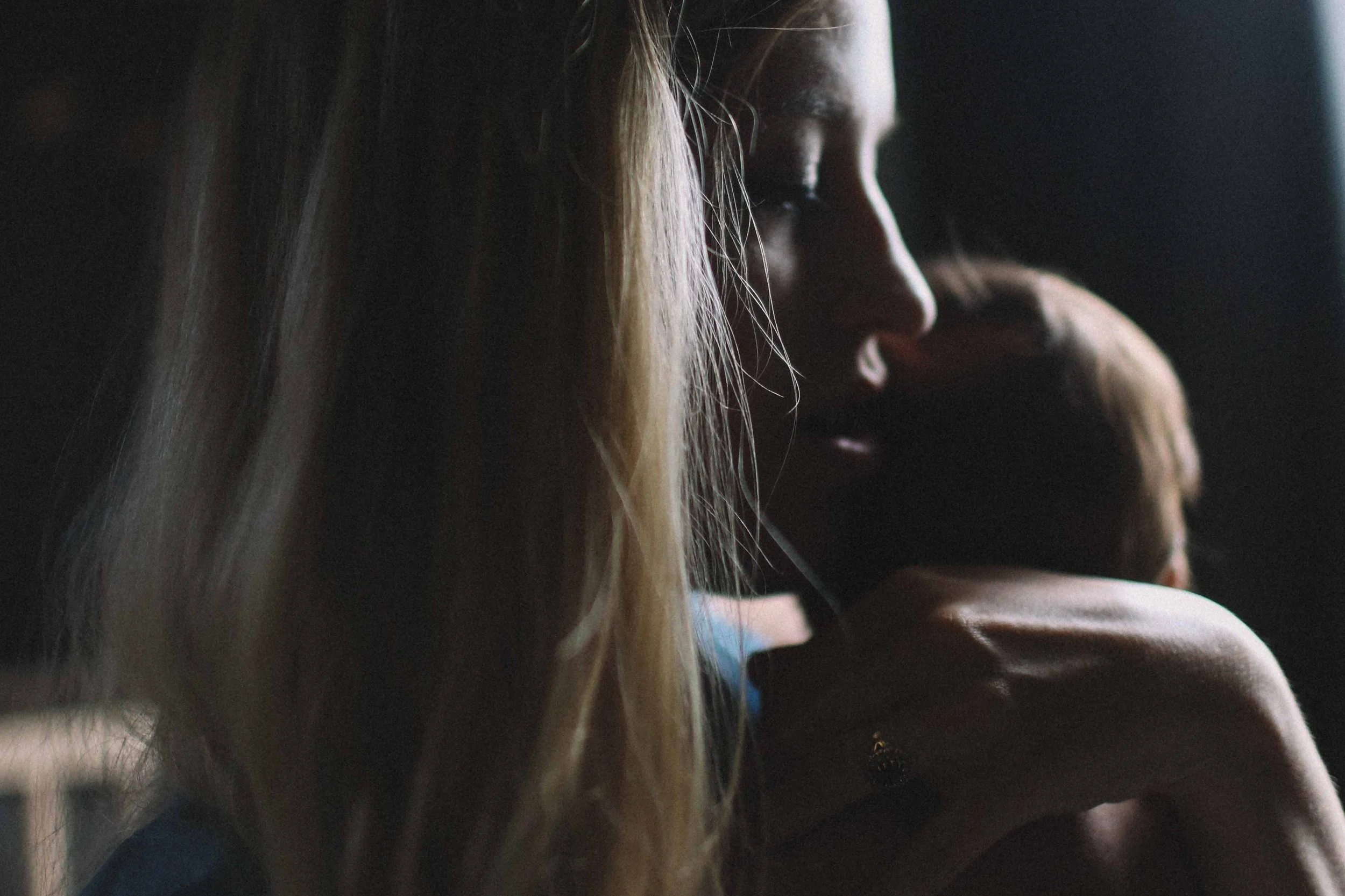Coping with Pre & Postnatal Depression & Anxiety
With as many as 1 in 5 women developing mental health problems during pregnancy or in the first year after childbirth, pre and postnatal depression and anxiety is far more common than many of us believe.
Helping to break the stigma of maternal metal health, is pregnancy and birthing expert Midwife Marley. Here she tells Editor’s Beauty the signs and symptoms of pre and postal depression and anxiety, and how we can manage it…
Depression and anxiety can occur at any stage throughout pregnancy and postnatally. Having a baby can be a rollercoaster of a ride in terms of emotions but depression and anxiety can cause a change in mood that is persistent and more severe than the average tearfulness that a woman may experience a on the odd occasion. Signs include:
A persistent feeling of sadness and low mood
Loss of interest in the world around you and no longer enjoying things that used to give you pleasure
Lack of energy and feeling tired all the time
Trouble sleeping at night and feeling sleepy during the day
Feeling that you're unable to look after your baby
Problems concentrating and making decisions
Loss of appetite or an increased appetite (comfort eating)
Feeling agitated, irritable or very apathetic (you "can't be bothered")
Feelings of guilt, hopelessness and self-blame
Difficulty bonding with your baby with a feeling of indifference and no sense of enjoyment in their company
Frightening thoughts – for example, about hurting your baby, suicide or self-harm
You may not have all of these symptoms but if any of these become concerning, speak with your doctor or midwife.
During pregnancy, you may be feeling a little more sensitive than normal. You may find that things that never usually bother you, really start to affect you. Hormones, tiredness, nausea and your changing body can have an impact on this. After you have your baby, again you may have the odd period where things become overwhelming, particularly if you are not getting much sleep with your new baby. The key is to look out for anything that doesn’t feel normal, is persistent, is affecting you negatively and/or affecting your day to day activities.
What can you do to prevent feeling totally overwhelmed, or manage things if they become too much?
Don’t put too much pressure on yourself. Remember you are on a unique journey to parenthood. Avoid comparing yourself or your baby with others
Enlist as much support as possible via friends, family, support groups and professionals
Eat well and keep hydrated
Take some ‘me time’ where possible
Laugh (watching comedies on Netflix works for me)
Prepare postpartum meals in pregnancy so you don’t have to worry about cooking in the early days after birth
Speak with your friend/sister/ midwife/ health visitor/ doctor if you ever feel you’re not coping or if you are feeling down
If you are a parent concerned about your partners mental wellbeing, there are lots of organisations you can contact who can offer advice and sign post you in the right direction. These include MIND, Pandas and The Maternal Mental Health Alliance.
For further advice on pregnancy, birth and parenting visit midwifemarley.com and follow @midwifemarley























